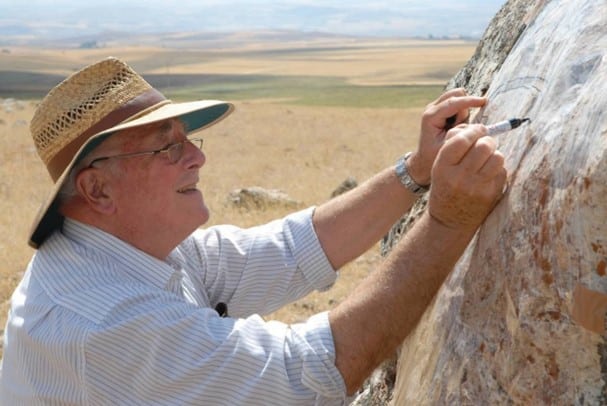
Nimrud
Now that the Iraqi army has regained control of the ancient Assyrian capital city of Nimrud, the scale of the destruction by ISIS has become clear.
By Ali Khadr
Now that the Iraqi army has regained control of the ancient Assyrian capital city of Nimrud, the scale of the destruction by ISIS has become clear. It was known through an obscene propaganda video that in April 2015 the palace of Ashurnasirpal II, from the 9th century BC, with its contents of invaluable Assyrian reliefs was destroyed in a massive explosion. Now we learn that other buildings have been badly damaged and the ancient ziggurat has been levelled.
The British Institute for the Study of Iraq has a long association with Nimrud, having undertaken seminal excavations there from 1949 to 1963, and the President of BISI excavated there in 1989.
In this tragic situation BISI extends our greatest sympathy to our Iraqi friends and colleagues, and stands ready to provide any help that it can to the Iraqi State Board of Antiquities and Heritage.
To learn more about Nimrud and BISI’s long-standing involvement with the site, please visit the Nimrud Project website.
Professor Eleanor Robson, Chair of Council
Dr Paul Collins, Chair-elect of Council
Dr John Curtis, President
Latest News
May 3, 2022
Dr Abdulameer al-Hamdani
The Trustees of the British Institute for the Study of Iraq were deeply saddened to hear of the death of Dr Abdulameer al-Hamdani on Friday April 29th in Nasiriyah, Iraq.


